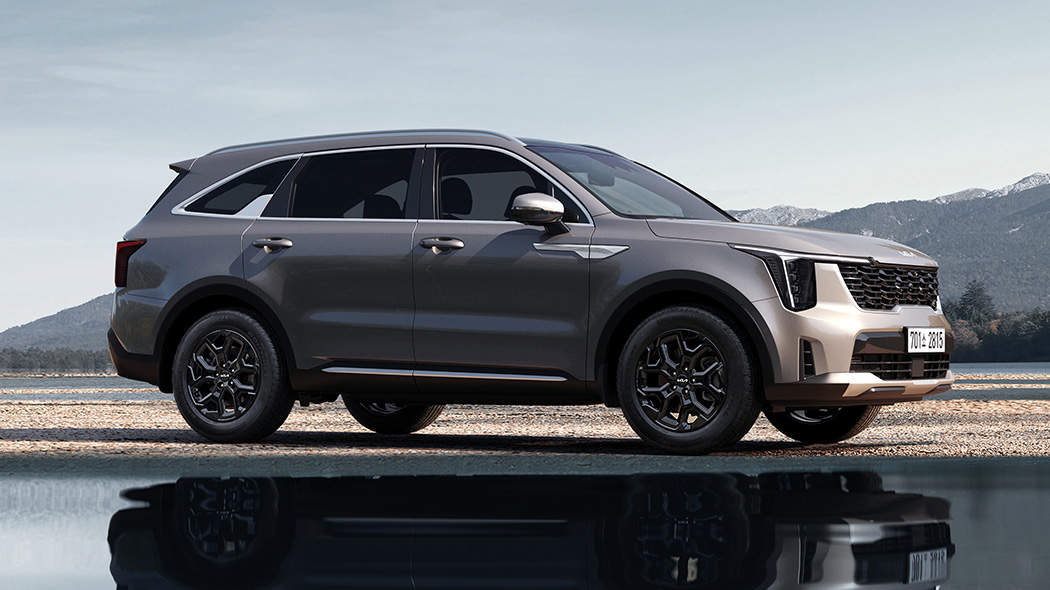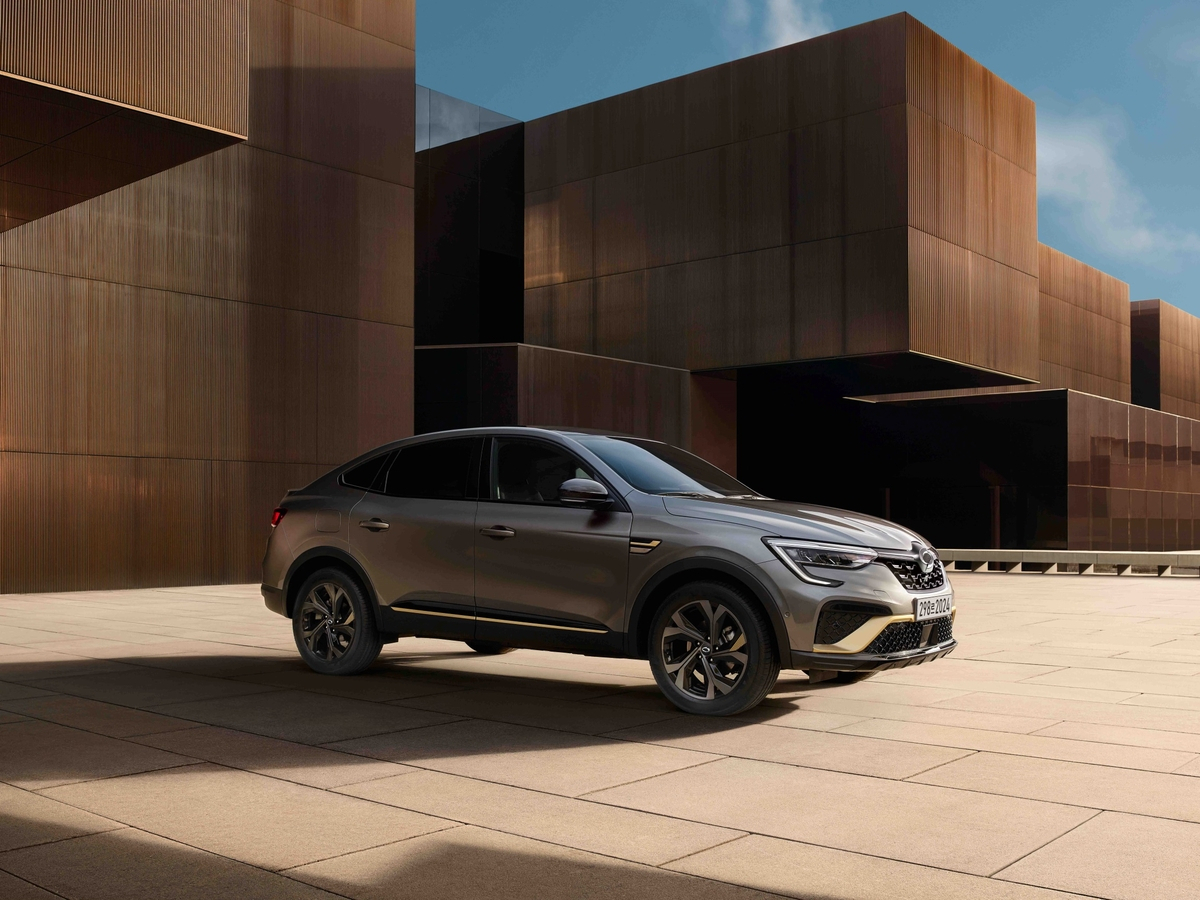[KH Explains] Lukewarm EV sales offset by boom in hybrid cars
Carmakers hint at adjusting strategy for electrification, with renewed emphasis on hybrid vehicles
By Byun Hye-jinPublished : Jan. 4, 2024 - 15:40

With the yearslong electric vehicle boom showing signs of dying down, hybrid cars using a combination of electric and gasoline power are seeing a boost in sales in Korea.
In the January-November period of 2023, Korea sold a record 254,258 hybrid cars, growing 54.7 percent from a year earlier, while EV sales dipped 7.9 percent to 107,453 units, according to data from the Korea Automobile Manufacturers Association.
Bestselling hybrid models included Hyundai’s Grandeur and Tucson and Kia’s Sorento and Sportage. For the whole year, industry sources said, hybrid sales could have exceeded some 280,000 units.
Hyundai Motor Group, which dominates almost 80 percent of the nation’s car sales, also witnessed robust growth in hybrid sales last year.
Hyundai sold 138,306 hybrid cars last year, which took up 68 percent of its eco-friendly vehicles, including full electric, hybrid and hydrogen cars. The sales portion remained at 41.8 percent in 2022.
Its smaller sibling, Kia, sold 145,102 units, 73.9 percent of its total new energy cars.
“Customers who have preferred diesel cars are believed to have turned their eyes to hybrid vehicles after we reduced sales of the traditional engine cars. Also, some portion of EV demand seems to have switched to hybrids,” said an official from Hyundai Motor Group.
Experts say the growing popularity of hybrid cars is here to stay for several years as they boast higher efficiency and lower costs.
“After the ‘early adopter’ phase of EVs, price and efficiency became the key factors that attract the ‘volume zone’ target – the broader customer base,” said Lee Ho-geun, a car engineering professor at Daeduk University. “But recently, the state-run Korea Electric Power Corporation hinted there could be a further hike in electric bills – up by 200 won ($0.15) to 560 won per kilowatt.”
In addition to the increasing charging costs, the government slashed subsidies for electric car buyers by 1 million won on average per vehicle this year, so there are reduced benefits for price-savvy consumers to choose battery-powered cars over hybrids, Lee added.
“Price-sensitive customers might prefer midsized hybrids over compact and small EVs. If you have around a 30 million won budget for a car, you might buy a hybrid SUV that is spacious and fuel-efficient rather than a smaller EV with a short driving range.”

Carmakers are also heightening their readiness for the change in consumer sentiment.
Hyundai, which has focused on diversifying its EV lineup with mass-market appeal, also hinted at a dual strategy as it announced last month plans to develop next-generation hybrid systems. It has reportedly revived a powertrain research and development team to build a high-performance 2.5-liter turbo hybrid engine, which hybrid car leaders like Toyota have already adopted.
Industry insiders say the new engine system is highly likely to be applied to the full-change version of Hyundai’s large-sized SUV Palisade, slated to debut in 2025 and its premium brand Genesis car models.
“The carmaker didn’t develop the 2.5-liter turbo engine because it had expected the demand for hybrid cars would drop after 2025 due to subsidy cuts for vehicles with strengthened regulations on carbon emissions,” said Lee. “But the recent movement shows that Hyundai projects the hybrid frenzy could last at least for the next five years.”
An industry source who serves as a consultant for Hyundai Motor Group echoed the view and noted, “Hyundai’s hybrid car team consisting mostly of mechanical engineers, and the relatively new EV division, have been throwing subtle jabs at each other. The company’s reshuffle gives more power to the hybrid group and can be interpreted as a strategy to brace for the slump in electric car sales.”
Aside from Hyundai, Renault Korea Motors, the Korean unit of the French auto giant, on Monday rolled out the XM3 E-TECH Hybrid, an upgraded version of its flagship small-sized sport utility vehicle. Unlike most new car models that come with higher price tags, the company cut the price by approximately 4 million won from 27.9 million – 30.5 million won. KG Mobility is also mulling over developing a hybrid version of its bestselling midsized SUV Torres.
“We think hybrids (rather than fully electric cars) may be the main electrification models for the time being. Under the slogan, ‘Commercialization of hybrid cars,’ we will also launch a hybrid midsized SUV Aurora 1 this year and offer a wide range of segment cars,” said a Renault official.



















![[Today’s K-pop] Treasure to publish magazine for debut anniversary](http://res.heraldm.com/phpwas/restmb_idxmake.php?idx=642&simg=/content/image/2024/07/26/20240726050551_0.jpg&u=)